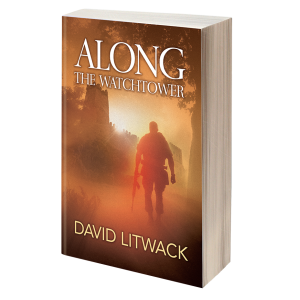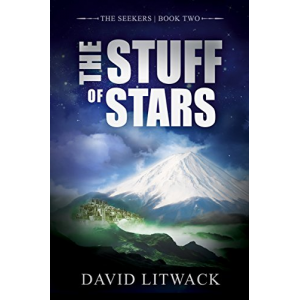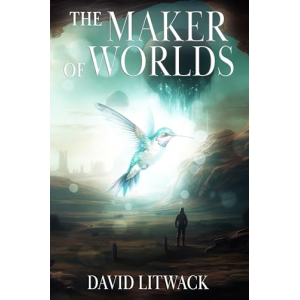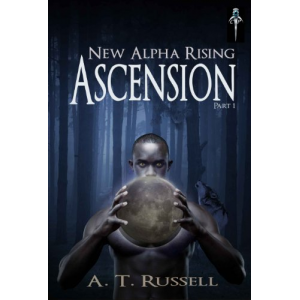- Author
- Book
- Story behind the book
- Media Links
- Reviews
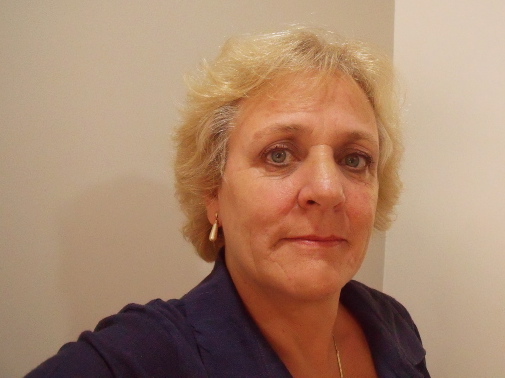
Victoria Twead
About
About Victoria Twead:
Victoria Twead nagged her long-suffering partner, Joe, into moving from England to Spain in 2004. They settled into a tiny mountain village in Andalucía, became reluctant chicken farmers and ended up owning probably the most dangerous cockerel in Spain.
Woven into the chapters are a number of Spanish recipes given to Vicky by the village ladies.
Victoria’s hilarious record of their culture shock and life with the villagers is told in her two books, Chickens, Mules and Two Old Fools and Two Old Fools - Olé! These charming, beautifully written books will have you laughing one minute, holding back tears the next, and finally reaching for your saucepan.
Awarded the HarperCollins Authonomy 'Gold Star'.
HarperCollins wrote: ‘laugh-out-loud funny...especially the Spanish women heckling over eggs from “The English”...hilarious...engaging... the interspersion of recipes is charming’.
Karen Wheeler, author of 'Tout Sweet: Hanging Up My Heels For A New Life In France' wrote: “Andalucía as it’s never been done before - a very quirky, funny and enjoyable tale - loved the subtle humour, Olé!”
Justin Aldridge, Eye on Spain, wrote: "I absolutely loved it! Funny, honest and impossible to put down."

Dangerous Alliance
Description
<p>United Nations’ sanctions are crippling North Korea. China has turned her back on her malevolent partner. The North Korean military machine is crumbling, unable to function. Oil reserves are minimal and the government seeks new alliances.Cargo and tourist ships are disappearing along the Somali and Kenyan coastline at an alarming rate. Speeches abound, but inaction emboldens Al-Shabab to seek their next prize: Kenya. The terror organization controls land but requires weapons.Bedlam Bravo team leader Colonel Trevor Franklin (Ret.) leads the small international team into East Africa. Tempers flare as the team is embroiled in a political quagmire. The axis must be stopped to avert an international crisis but at what cost?Proudly published by Solstice Publishing</p>
Story Behind The Book
Archibald Edmund Filby, proclaimed “the World’s most travelled motorist”, was my uncle. He died before I was born and my father, naturally taciturn, rarely discussed his older brother. My parents died in 1993, and I inherited a strange-looking and aged manuscript. Without looking inside, I filed it away for future consideration. I had, after all, my own young family to raise and it would be another 20 years (80 since the expedition) before the manuscript would again see the light of day. "Look what I found!" I said excitedly to Joe, brandishing the manuscript. We’d already collaborated in other books I’d written; Chickens, Mules and Two Old Fools and its sequels. “I guess I’d better start typing,” muttered Joe. Three months later, he had transcribed the four hundred-page document. The result is a book that reveals a bygone age. The British Empire was in decline but remnants remained. The ‘All-Red’ route, to which Archie frequently refers, indicates the red colour cartographers used to denote British-controlled countries on maps. Attitudes in those days were very different and often shocking. For instance, big game hunting was popular. Archie refers to adult Africans as 'boys' or 'natives'. On one occasion an Egyptian guard is treated with unconscionable thoughtlessness, which would horrify us today. Despite this, Archie’s affection and respect for the indigenous populace cannot be disputed. He is clearly fascinated by the languages, customs and cultures of the African tribes he encountered - from pygmies in the Congo to the Masai in Central Africa. We changed nothing of the original manuscript. It is exactly as Archie typed it in 1938, undoubtedly at the behest of his newly-wedded wife, Miss Fay Taylor, also a writer, whom he met following a radio broadcast he made from London. Sadly, their marriage was to become a tragic love story, described in the last pages of this book.
